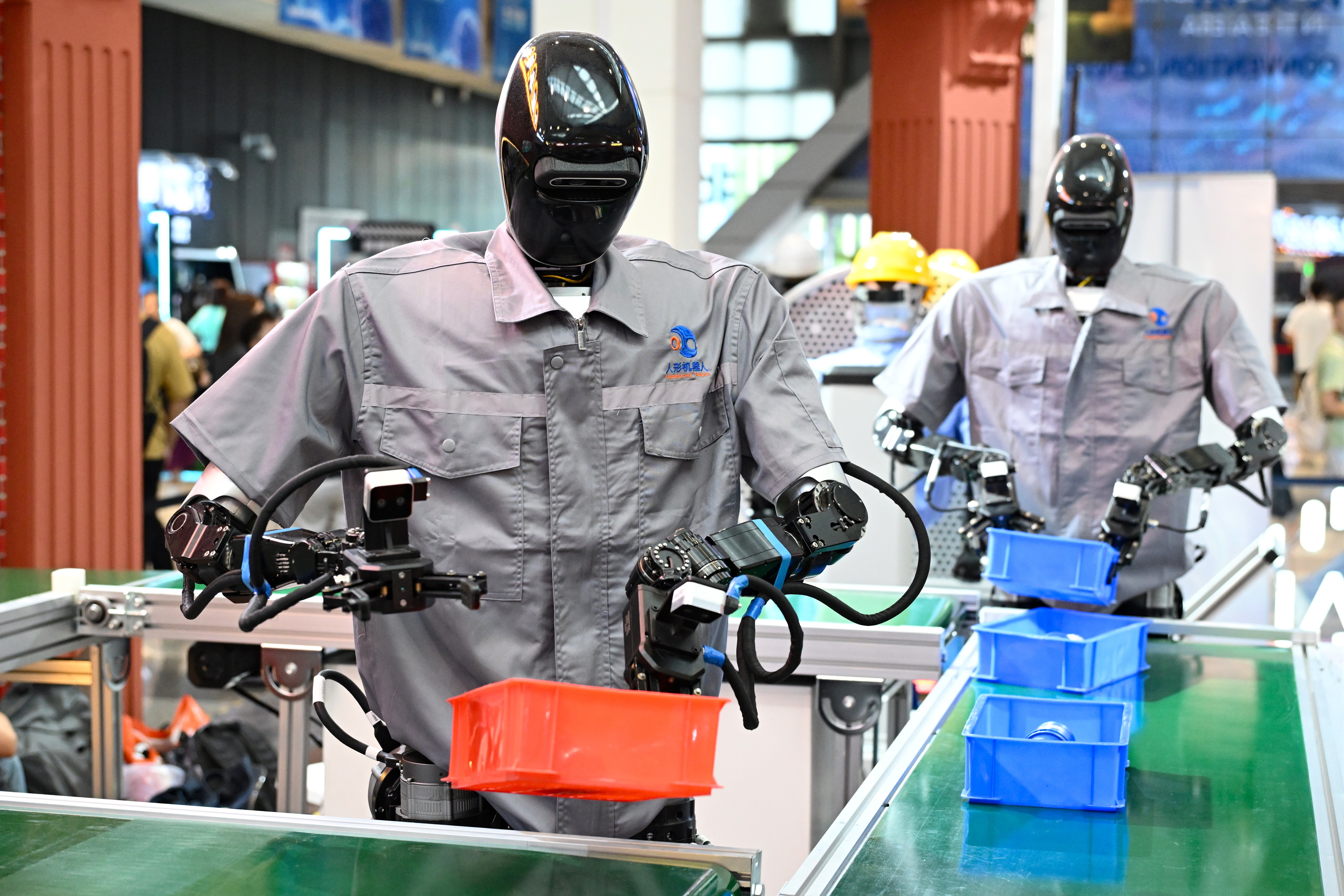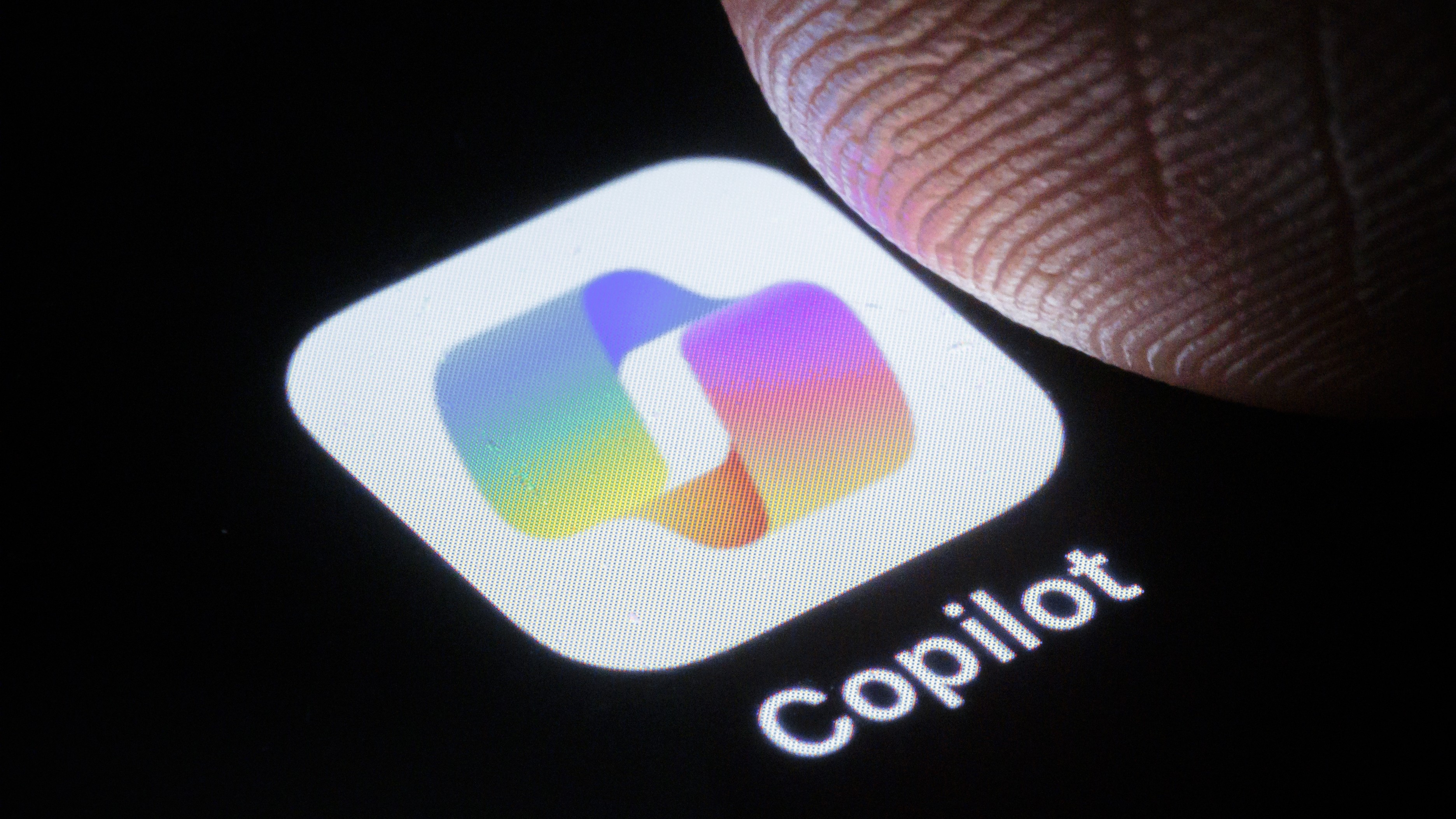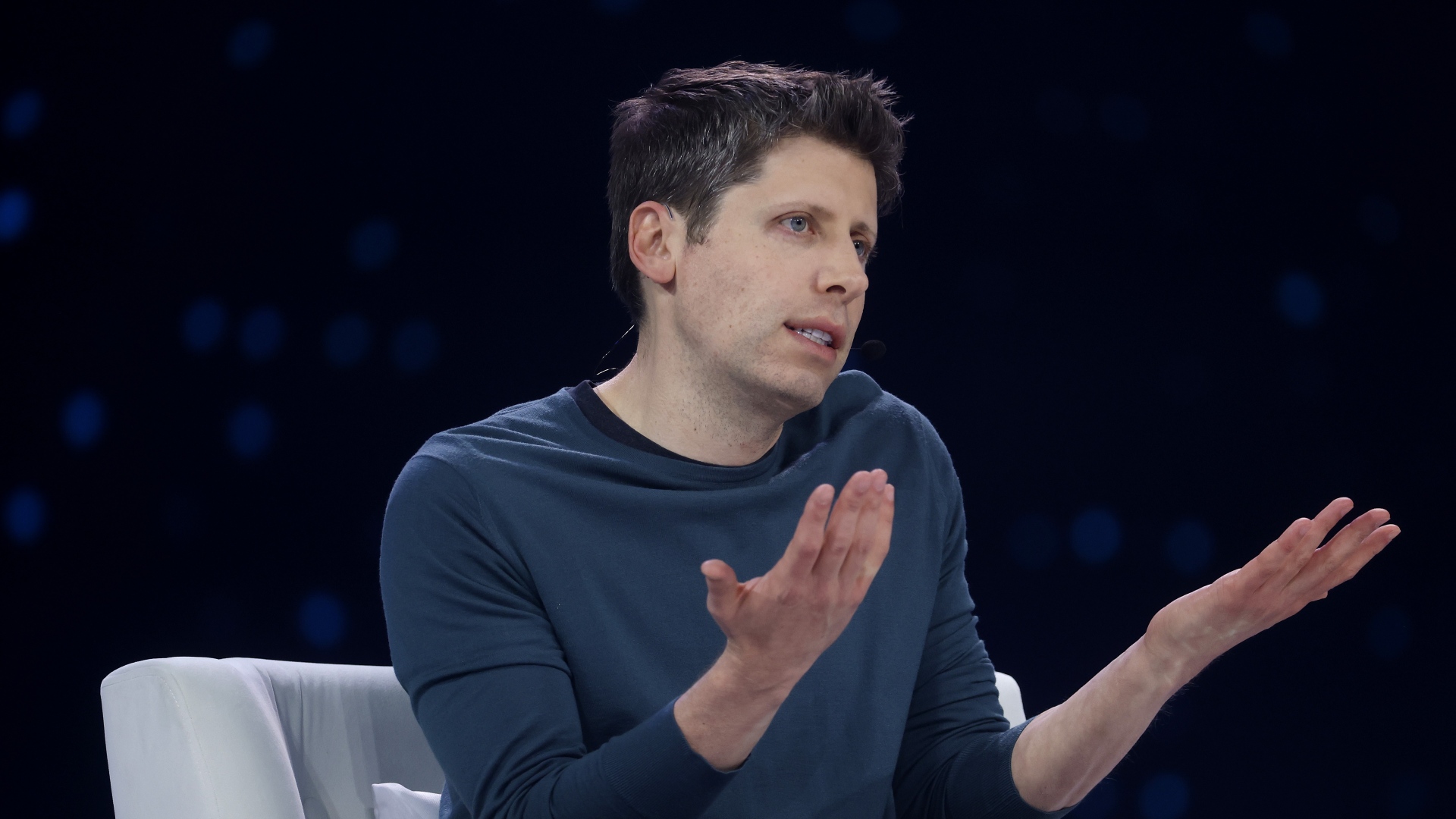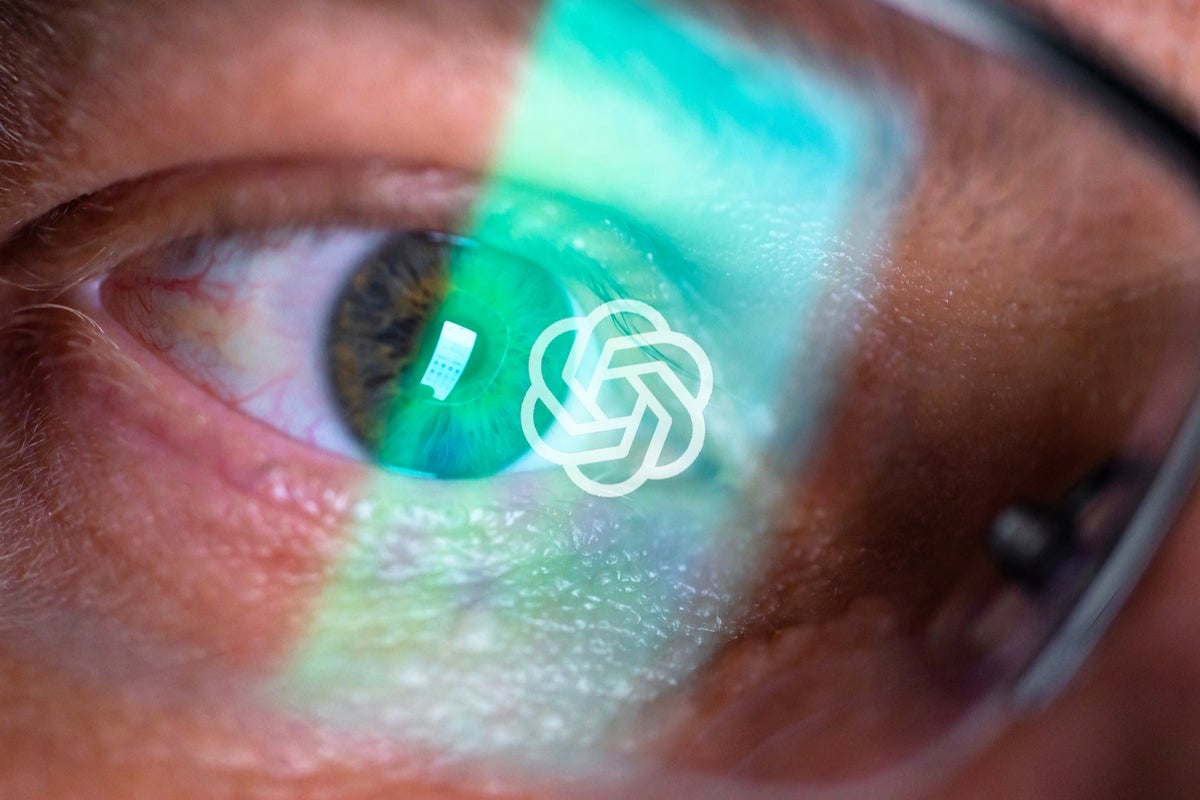T4K3.news
Microsoft reveals AI job predictions
Microsoft's study indicates which professions are less likely to be affected by AI.

Microsoft's research reveals which jobs are safe from AI disruption.
Microsoft study identifies jobs less likely to be impacted by AI
Microsoft recently published a study analyzing which jobs are most likely to be safe from the impact of artificial intelligence. The research, based on queries entered into its Bing Copilot chatbot, aimed to determine how AI can assist with various job activities. The study introduced an "AI applicability score" that measures the extent to which different occupations can utilize AI technologies. According to the findings, jobs that score high on this scale tend to be situated in the knowledge economy, such as roles in computer science and administrative support. Conversely, manual labor jobs, such as dishwashers and cement masons, received low scores, indicating less susceptibility to AI interference. The report also cautions against assuming that high applicability scores lead directly to job loss, highlighting the unpredictable nature of technological advancements.
Key Takeaways
"Our data do not include the downstream business impacts of new technology, which are very hard to predict."
This statement highlights the unpredictable nature of AI's impact on employment.
"It is tempting to conclude that occupations with high AI overlap will face job loss, but this would be a mistake."
This cautions against simplistic assumptions about automation-related job losses.
"We will probably see a lot of embarrassing efforts to fire people and hire AI being reversed before real AI disruption."
This comments on the potential for hasty decisions regarding AI implementation.
"If you dream of working with dead bodies, good news! AI won't take that job."
This adds a bit of humor to illustrate the report's findings about job safety.
The findings from this Microsoft study highlight a significant tension in the labor market. While certain professions, particularly in technology and information sectors, seem primed for AI integration, the study challenges the notion that this will lead to widespread job displacement. Microsoft's inclination to downplay immediate threats suggests a desire to alleviate public concern about automation. However, lessons from recent layoffs within industries that have adopted AI indicate that skepticism towards their optimistic outlook may be prudent. As more workers engage with AI in their daily tasks, the real impact could be more complex than simply categorizing jobs as safe or at risk.
Highlights
- Even jobs with high AI applicability may not be at risk yet.
- Understanding AI's role in work requires careful analysis.
- Just because a job is adaptable to AI doesn't mean it's doomed.
- The future of work is more complex than good or bad.
Potential job displacement concerns
The research highlights a precarious balance between job security and AI advancement, sparking concerns about future employment viability.
The landscape of employment continues to evolve, and vigilance is required to navigate these changes effectively.
Enjoyed this? Let your friends know!
Related News

Microsoft identifies jobs most threatened by AI

Microsoft's Copilot faces user preference for ChatGPT

Sam Altman claims ChatGPT's capabilities surpass humans

AI threatens teaching and many other jobs

Microsoft announces layoffs of 9,000 employees

AI mimics human writing style in alarming ways

New insights on the challenges of generative AI
